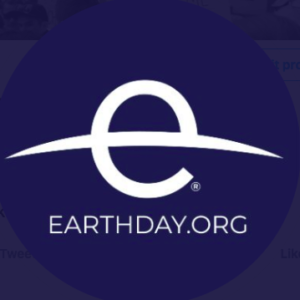Climate Action
Break Free Action 2016 in Jakarta – Reject Coal Expansion for Good
May 23, 2016
On May 11th, the Indonesia Break Free Coalition, consisting of Greenpeace, Walhi (Friends of the Earth Indonesia) and JATAM, held a large mobilization in Jakarta. Over 3,000 people have took to the streets in this Break Free Action. Individuals attended from communities representing all of Indonesia that have been impacted by the negative effects of coal. The main purpose of this action was to urge the government to eliminate Indonesia’s overuse of coal in their efforts to solve nationwide electricity shortages. It was Indonesia Break Free Coalition’s first action for Break Free 2016, and it was a huge success.
Break Free Action 2016 was founded by the coal mining impacted communities of Bengkulu (South Sumatra) and Kalimantan. The protesters first marched towards the Japanese Embassy, as Japan is one of the biggest foreign investors that is funding Indonesian coal expansion projects under the 35 GW project. The 35GW project is a plan designed to provide an additional 35 Gigawatts of power capacity by 2019 to cope with electricity shortages. Next the march went to its final stop, the front of the Presidential Place. There, representatives from every community were given the opportunity to speak against the expansion of coal supplied power in Indonesia.
Why reject coal expansion? Not only does using coal as a fuel release greenhouse gas which contributes to the acceleration of climate change, coal mining also has a disastrous effect on the environment. The U.S. Forest Service calculated the social cost of coal mining which includes negative impacts to human health, property damages from increased flood risk, and the overall destruction of the environment. Indonesia should reject coal in favor of clean renewable energy, to honor the commitment they made to fight climate change with the signing of the Paris Agreement on Earth Day last month.
“The success of the Paris agreement will depend on The United Nations (UN) Member States ratifying this agreement and we hope very much that Indonesia will be among the first to ratify this agreement,” said The United Nations Development Program (UNDP) Indonesia Country Director Christophe Bahuet during a public discussion of government institutions, environmental groups and international partners. Indonesia has set a target to cut emissions by 29% by 2030 and in order to do this the spread of coal-based power must stop. The tremendous work of the Indonesia Break Free Coalition shows that the Indonesian people want change, and the Indonesian government should set an example for the world and embrace the environmental wishes of its people.

